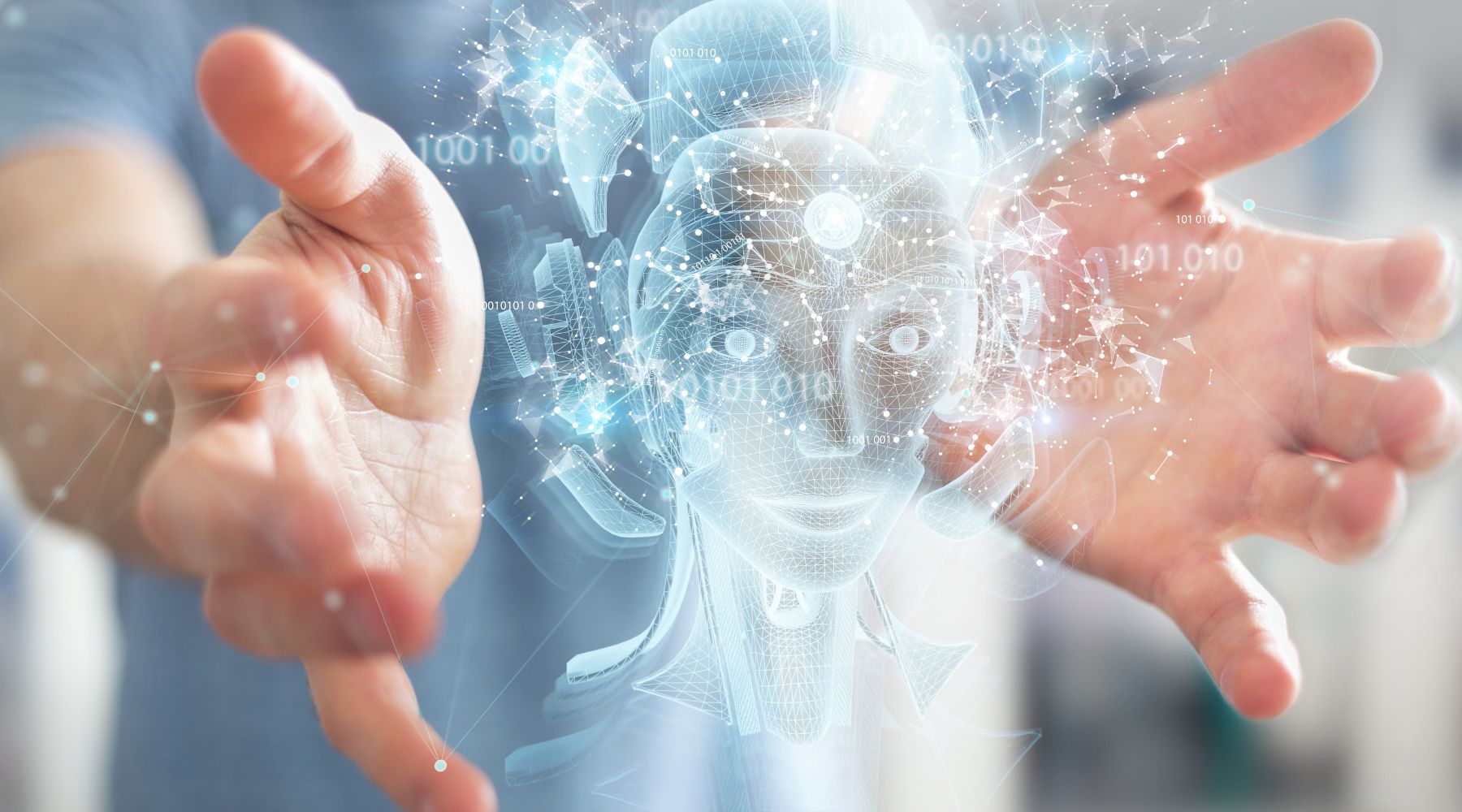Modernising Dentistry
How artificial intelligence can benefit dentists and patients

AI can provide numerous benefits to dentists by enhancing various aspects of their practice and improving patient care. Here are some ways AI can benefit dentists:
1. Diagnosis and Treatment Planning:
AI can aid in the early detection and diagnosis of oral health issues. Through image recognition and analysis, AI algorithms can help dentists identify cavities, gum diseases, and other dental problems in their early stages. This enables more accurate treatment planning and better patient outcomes.
2. Radiology and Imaging:
AI can assist in analyzing X-rays, CT scans, and other imaging data. It can help identify anomalies, such as tumors or impacted teeth, that might be difficult to spot with the naked eye. This speeds up the diagnostic process and ensures more precise diagnoses.
3. Predictive Analytics:
By analyzing patient data and historical records, AI can predict potential oral health issues for individual patients. This allows dentists to proactively address problems before they become more serious and require extensive treatment.
4. Treatment Recommendations:
AI-powered systems can suggest personalized treatment plans based on a patient’s unique dental history, medical conditions, and preferences. This can lead to more efficient and effective treatment decisions.
5. Patient Communication:
Chatbots and AI-powered virtual assistants can handle appointment scheduling, answer common questions, and provide post-treatment care instructions. This frees up administrative staff and enhances patient engagement.
6. Data Management and Record Keeping:
AI can assist in managing and organizing patient records, treatment histories, and administrative tasks. This reduces the administrative burden on dentists, allowing them to focus more on patient care.
7. Education and Training:
AI can be used to develop interactive educational tools for both dentists and patients. Virtual simulations and training modules can help dentists refine their skills and keep up with the latest advancements in the field.
8. Robotic-Assisted Procedures:
AI-powered robotic systems can assist dentists during surgical procedures, enhancing precision and reducing the risk of errors. These systems can also help with complex procedures that require high levels of accuracy.
9. Personalized Treatment:
AI can analyze patient data to recommend personalized treatment options, including materials for dental restorations, orthodontic appliances, and prosthetics, leading to improved patient comfort and outcomes.
10. Research and Development:
AI can accelerate dental research by analyzing large datasets, identifying trends, and generating insights that can lead to new treatment approaches and technologies.
11. Quality Assurance:
AI can assist in quality control by analyzing dental work to ensure it meets established standards. This is particularly important in restorative dentistry and orthodontics.
12. Remote Consultations:
AI-powered telehealth solutions can enable dentists to provide consultations and advice remotely, which is especially useful for patients in remote areas or those with limited mobility.
It’s important to note that while AI offers numerous benefits, it should be seen as a tool to enhance the skills and expertise of dentists rather than replace them. Human judgment, empathy, and clinical experience remain crucial in the field of dentistry.
FURTHER READING
There is an interesting article in Dentistry Magazine titled: More than one-third of dentists use AI in practice, study says which looks at the take-up of AI by UK dentists.
https://dentistry.co.uk/2023/08/07/more-than-one-third-of-dentists-use-ai-in-practice-study-says/
The survey the Dentistry Magazine article refers to was done by Dentaly.org and can be found here:
https://www.dentaly.org/us/research/ai-in-dentistry/
Brendon Macdonald CEO of Digital Smile Design concludes:
Overall, generative AI has the potential to transform the dental industry by improving the accuracy and efficiency of diagnosis and treatment planning, streamlining care, and automating routine tasks. However, there are still limitations to the widespread application of AI in dentistry, and more research and development are needed to improve the accuracy and reliability of AI algorithms. AI cannot replace dental professionals; the solutions & systems are far from being able to do so. AI should be viewed as a complementary asset to assist dental professionals in their work.
